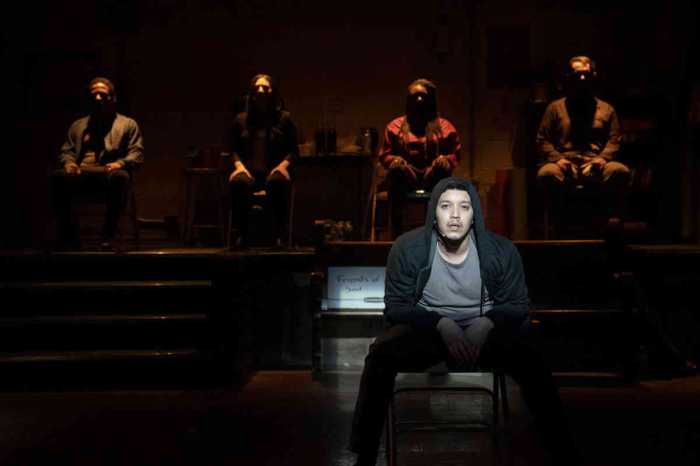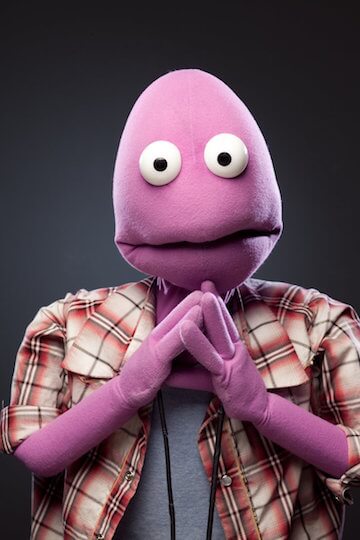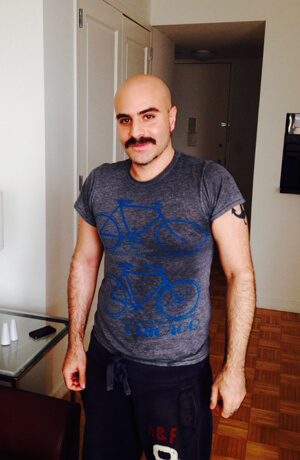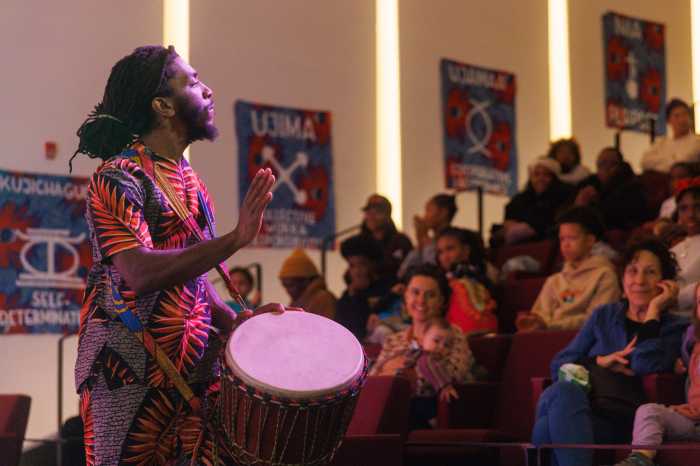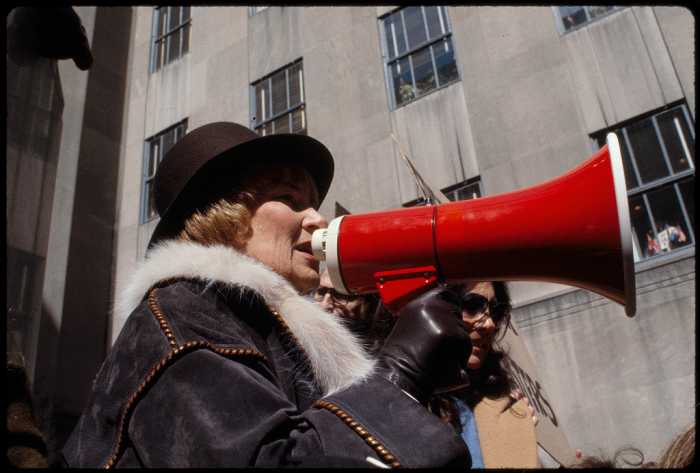Bobby Cannavale is a Hollywood star torn between the allures of celebrity and his yearning to be a serious actor. | JOAN MARCUS
Clifford Odets, the pioneering playwright acclaimed in the 1930s and beyond for his gritty realism, is enjoying a mini-resurgence on Broadway. Earlier this season, Lincoln Center Theater staged a gut-wrenching revival of “Golden Boy,” about a conflicted, self-loathing young man forced to choose between art and fame.
Now the Roundabout Theatre Company is getting in on the act, with its lavish production of “The Big Knife” about, well, a conflicted, self-loathing, slightly older man forced to choose between art and fame. The key difference, besides the man’s age and the locale (“Knife” is set in Hollywood, not New York), is that this noirish, somewhat restrained drama focuses on the paralysis that sets in from the delay in making that choice.
Another throbbing Odets drama about trading art for artifice
It’s no wonder both plays tackle similar themes, given that Odets’ works were deeply autobiographical. According to John Lahr, the troubled playwright was “buffeted in the slipstream between high art and high life,” torn between staying in New York to craft thoughtful plays or going to Hollywood to churn out screenplays for middling movies. Writing for the theater was therapeutic for Odets –– “the only way I explain and interpret myself to myself.”
This is the first Broadway revival of “The Big Knife” since the 1949 premiere, which was directed by Lee Strasberg and starred John Garfield. Upon seeing this intriguing production starring Bobby Cannavale (“Glengarry Glen Ross”), my first response was, what took so long?
As the curtain rises, we see John Lee Beatty’s impressive set of a stylish living room — a variation on the cavernous abode he designed for “Other Desert Cities” — awash in a sea of beiges and browns. Here, a floating staircase and a large bar (later put to good use) dominate the space, and there are doors leading to an outdoor patio and a pool. Immediately, we sense this is the home of someone well heeled and living the high life.
Not that it’s a happy life. The mansion’s owners, actor Charlie Castle and his lovely, pill-popping wife, Marion, are currently separated and miserable. The screen idol considers renewing his movie studio contract for another 14 years, but Marion thinks he should ditch the grind and return to a more modest and fulfilling existence working in the New York theater.
Odets, it should be noted, bounced between these two worlds throughout his life. Charlie and Marion refer longingly to Waverly Place; Odets lived on nearby University Place when his theater career was taking off.
Bubbling below the surface is a pulpy subplot about a cover-up involving a child mysteriously killed on Christmas Eve by a hit-and-run driver. Charlie’s pal Buddy (Joey Slotnick) took the rap for that one, even doing jail time. If the first two acts feel a little too expository and flat, the final act pulsates with drama, erupting in a tragic climax.
For his part, Cannavale, onstage nearly every minute of the two-and-one-half-hour play, is spot-on as the charming megastar having a crisis of conscience, deftly alternating between sensitive and cynical, fed up with being a cog in the soulless studio system. He delivers Odets’ colorful, albeit dated, dialogue with aplomb.
“I’m in the movie business, darling,” Charlie says tartly. “I can’t afford these acute attacks of integrity.”
Cannavale teases out the handsome playboy’s curiously soft side. Charlie says he’s afraid of coming off as “too fruity,” “arty,” and “girlish,” though he’s in the habit of calling his agent (Chip Zien) “darling.”
As Marion, Marin Ireland coolly underplays the role of the weary wife trying to salvage her marriage, reserving any firepower for the explosive final act.
Under the efficient direction of Doug Hughes (“Doubt”), the supporting cast is generally excellent. Brenda Wehle, as the ruthless columnist in the mold of Hedda Hopper, and Rachel Brosnahan, as the sexpot who threatens to blow the lid off of Charlie’s scam, are especially compelling. Richard Kind, as the hardnosed studio boss, is also terrific.
As it turns out, “The Big Knife” is more than a scathing indictment of Hollywood. Much like “Golden Boy,” the drama is a meditation on idealism and the sorry consequences of “living against your own nature.” Think of it as an exquisite allegory about the dark underbelly of the American Dream.
While not up to the level of “Golden Boy,” this fascinating, enduring piece of theater reminds us why Odets belongs in the pantheon of great American playwrights.
THE BIG KNIFE | Roundabout Theatre Company | American Airlines Theatre | 227 W. 42nd St. | Tue.-Sat. at 8 p.m.; Wed., Sat.-Sun. at 2 p.m. | $42-127 at roundabouttheatre.org or 212-719-1300



